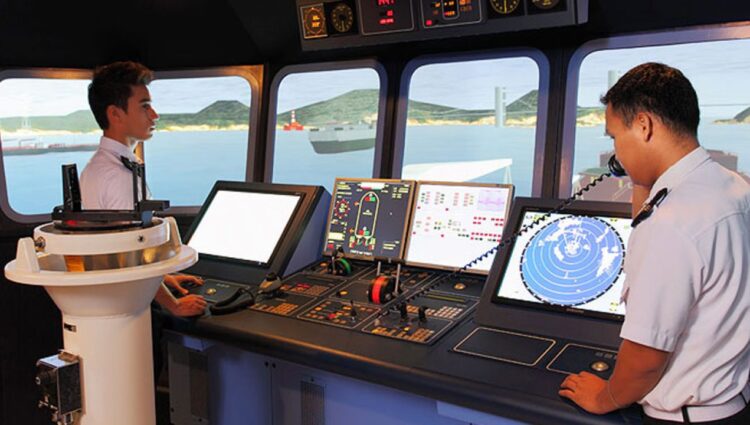Safety is a cornerstone of the maritime industry, and ensuring the well-being of seafarers is a top priority. In this article, we explore the comprehensive safety measures, training programs, and industry initiatives aimed at creating a secure working environment for those who brave the open seas.
STCW Convention: The International Maritime Organization’s (IMO) Standards of Training, Certification, and Watchkeeping for Seafarers (STCW) Convention sets the benchmark for safety and training in the maritime industry. Compliance with STCW regulations is mandatory, ensuring that seafarers receive standardized training globally.
Safety Training Programs: Maritime institutes and shipping companies prioritize safety training for their crew members. From fire drills to emergency response exercises, seafarers undergo rigorous training to handle various scenarios that may arise at sea. This preparation is critical for responding promptly and effectively to emergencies.
Technology and Innovation: Advancements in technology contribute significantly to enhancing safety at sea. Modern vessels are equipped with state-of-the-art navigation systems, communication tools, and safety equipment. Additionally, the integration of artificial intelligence and automation helps in early detection of potential hazards.
Mental Health Awareness: Recognizing the unique challenges of a seafarer’s lifestyle, the maritime industry places increasing emphasis on mental health awareness. Initiatives are in place to provide psychological support, counseling services, and recreational activities onboard to ensure the well-being of crew members during long voyages.
International Collaboration: The maritime community actively collaborates on safety initiatives. Information sharing, best practices, and joint efforts contribute to creating a safer and more secure working environment for seafarers globally.
Crisis Response and Medical Facilities: Vessels are equipped with advanced medical facilities to handle emergencies, and shipping companies have crisis response plans in place. Regular medical check-ups and access to medical professionals ensure that seafarers receive the care they need while at sea.
In conclusion, the maritime industry’s commitment to safety reflects not only compliance with regulations but a genuine dedication to the well-being of seafarers who play a vital role in keeping global trade afloat.





